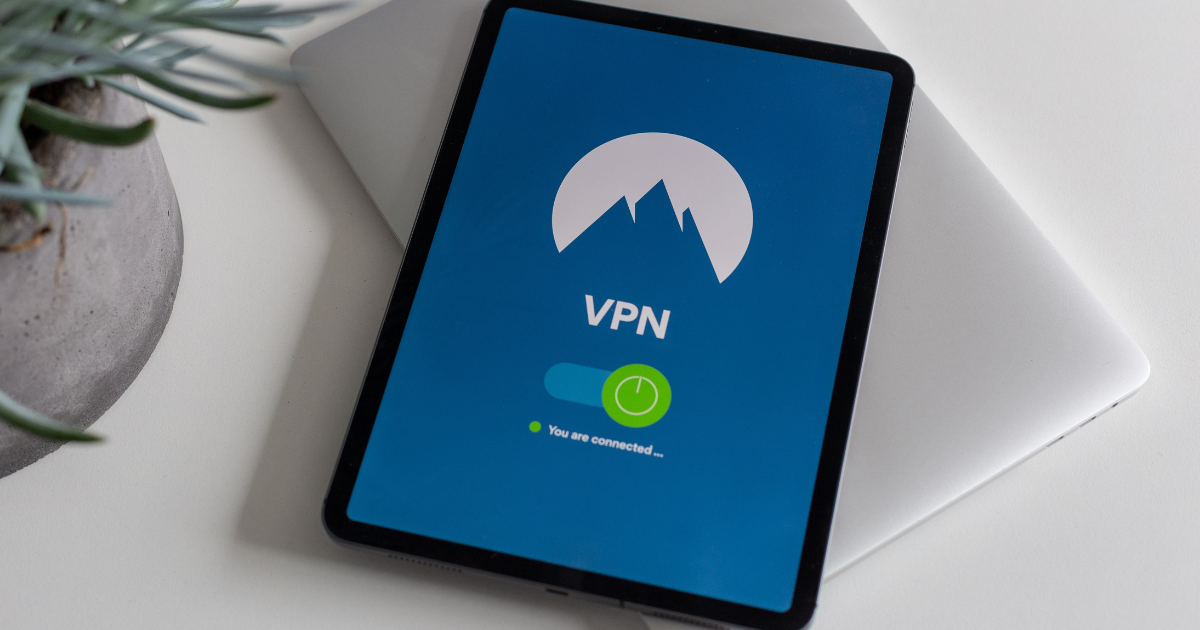
Understanding the Role of VPNs in Data Security
In the digital age, safeguarding sensitive data has become a paramount concern, especially for Certified Public Accountants (CPAs) and tax professionals who regularly handle confidential client information. Virtual Private Networks (VPNs) emerge as a critical tool in enhancing data security for these professionals. A VPN establishes a secure connection between the user’s device and the internet, effectively creating an encrypted tunnel that protects data from interception and unauthorized access.
One of the primary functions of a VPN is to encrypt internet traffic. This ensures that any data transmitted over the network is scrambled and unreadable to potential eavesdroppers, such as hackers or cybercriminals. For CPAs and tax professionals, who may be accessing sensitive financial information remotely, this layer of security is indispensable. The encryption provided by a VPN mitigates the risk of data breaches that could arise from unsecured Wi-Fi connections, particularly in public spaces such as cafes or airports.
Moreover, VPNs also help in masking the user’s IP address by routing the internet connection through a remote server. This capability protects the geographical location of the user and enhances anonymity, further reducing the chances of targeted cyberattacks. By using a VPN, tax professionals can access vital information and maintain communication with clients without exposing their identities or sensitive data.
It is important for CPAs to recognize the specific vulnerabilities they face when managing client data. Remote work, while offering flexibility, can also increase exposure to cyber threats. Implementing the use of a VPN is a proactive measure to safeguard against these risks, ensuring that financial data remains confidential and secure. Ultimately, the adoption of VPN technology is a strategic decision aimed at preserving the integrity of client information within the accounting profession.
Why Tax Professionals Should Prioritize VPN Usage
In today’s digital age, the protection of sensitive information is paramount, particularly for tax professionals who routinely handle confidential client data. Public Wi-Fi networks, while convenient, pose significant security risks, making the use of a Virtual Private Network (VPN) an essential consideration. When tax professionals connect to public networks, they expose themselves to vulnerabilities that can lead to unauthorized access and data breaches. Such exposure not only jeopardizes the safety of client information but can also severely damage professional reputations.
Security authorities, including the Security Summit, strongly recommend the implementation of VPNs as a defensive measure against these risks. A VPN encrypts internet traffic, creating a secure tunnel for data transmission which protects sensitive information from potential cybercriminals who exploit unprotected public Wi-Fi networks. This encryption ensures that even if a malicious actor were to intercept data, it would be nearly impossible to decipher, offering a substantial layer of security for tax professionals.
The consequences of neglecting VPN usage can be dire. Beyond the immediate risk of data breaches, tax practitioners may face legal ramifications as a result of compromised client data. Compliance regulations, such as those set forth by the IRS and other governing entities, mandate strict safeguarding of client information. Violations can result in hefty fines and damage to professional credibility. Therefore, prioritizing VPN usage not only protects the integrity of client data but also supports adherence to regulatory requirements.
Given the challenges posed by evolving cyber threats, tax professionals are urged to employ VPN technology as a standard practice. This proactive approach fosters a secure working environment, allowing for confidence when accessing sensitive client information, even in less secure settings.
Pros and Cons of Using a VPN for Tax Professionals
In the realm of cybersecurity, Virtual Private Networks (VPNs) have emerged as popular tools among Certified Public Accountants (CPAs) and tax professionals seeking to protect sensitive client information. Understanding the benefits and limitations of utilizing a VPN is crucial for making informed decisions about cybersecurity measures.
One of the primary advantages of using a VPN is enhanced privacy. With a VPN, internet traffic is encrypted, preventing unauthorized parties from accessing sensitive data transmitted online. This is especially important for tax professionals who handle a significant amount of confidential information, including financial records and tax returns. Additionally, using a VPN can help ensure compliance with regulations such as the General Data Protection Regulation (GDPR) and the Health Insurance Portability and Accountability Act (HIPAA), which mandate stringent data protection measures.
Another benefit is the ability to access restricted content. Tax professionals often need to connect to various systems and platforms, some of which may be location-specific. A VPN allows users to bypass geographic restrictions, enabling secure access to necessary resources regardless of physical location.
However, there are also notable disadvantages to consider. One common drawback is the potential for slower internet speeds. Since VPNs route traffic through remote servers and encrypt data, the connection can become sluggish, affecting productivity. Furthermore, connectivity issues may arise due to server overload or unstable internet connections, which can be disruptive during critical tasks such as filing deadlines.
Moreover, there are misconceptions surrounding VPN usage. Some individuals may mistakenly believe that using a VPN guarantees complete anonymity. While a VPN significantly enhances security, it is not a foolproof solution. Therefore, selecting appropriate VPN services is imperative. Tax professionals should look for reputable providers with strong encryption protocols and a no-logs policy to ensure maximum security for their online activities.

Best Practices for Implementing VPNs in Your Tax Practice
Integrating a Virtual Private Network (VPN) into a tax practice is essential for safeguarding sensitive client information. The first step in this process is selecting a reliable VPN provider that prioritizes data security and offers robust encryption practices. When choosing a provider, it is vital to consider their privacy policies, speed, and server locations. Look for VPNs that do not log user activity and have been audited by third parties to verify their commitment to privacy.
After selecting a VPN provider, the next critical step involves understanding the configuration settings of the VPN. Proper configuration ensures that all internet traffic is routed through the VPN, which masks the user’s IP address and encrypts their online activities. It is advisable to enable features such as the kill switch and split tunneling, if supported. A kill switch will halt internet traffic if the VPN connection drops, preventing data exposure. Split tunneling allows users to choose which applications use the VPN, enhancing performance for non-sensitive tasks while keeping critical work secure.
Regular security audits are a must for maintaining integrity and security in your practice. Schedule weekly or monthly reviews to assess the effectiveness of the VPN setup. These audits should include checking for software updates, reviewing access logs, and conducting tests to ensure the VPN is functioning correctly. Additionally, ongoing education on cyber threats plays a significant role in protecting client data. Organizing workshops or training sessions for staff can effectively increase awareness about potential vulnerabilities and the importance of best online practices.
Cybersecurity isn’t optional—especially for professionals handling sensitive financial and client data. If your firm isn’t using a secure VPN, you could be exposing critical information to cyber threats. At Barith, we provide enterprise-grade VPN solutions designed to keep your connections private, encrypted, and secure. Whether you’re working remotely, managing client accounts, or simply browsing online, our VPN solutions ensure your firm stays compliant, protected, and ahead of cyber risks.
Ready to enhance your firm’s security? Connect with us today.
